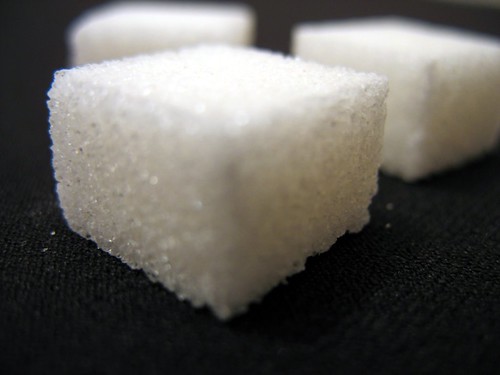Is willpower all about sugar?
.Past research indicates that self-control relies on some sort of limited energy source. This review suggests that blood glucose is one important part of the energy source of self-control. Acts of self-control deplete relatively large amounts of glucose. Self-control failures are more likely when glucose is low or cannot be mobilized effectively to the brain (i.e., when insulin is low or insensitive). Restoring glucose to a sufficient level typically improves self-control. Numerous self-control behaviors fit this pattern, including controlling attention, regulating emotions, quitting smoking, coping with stress, resisting impulsivity, and refraining from criminal and aggressive behavior. Alcohol reduces glucose throughout the brain and body and likewise impairs many forms of self-control. Furthermore, self-control failure is most likely during times of the day when glucose is used least effectively. Self-control thus appears highly susceptible to glucose. Self-control benefits numerous social and interpersonal processes. Glucose might therefore be related to a broad range of social behavior.
Source: “The Physiology of Willpower: Linking Blood Glucose to Self-Control” from Personality and Social Psychology Review
Join 25K+ readers. Get a free weekly update via email here.
Related posts
Can diabetes make you less forgiving?





